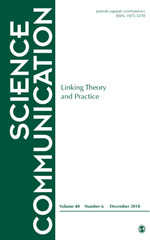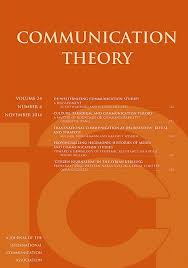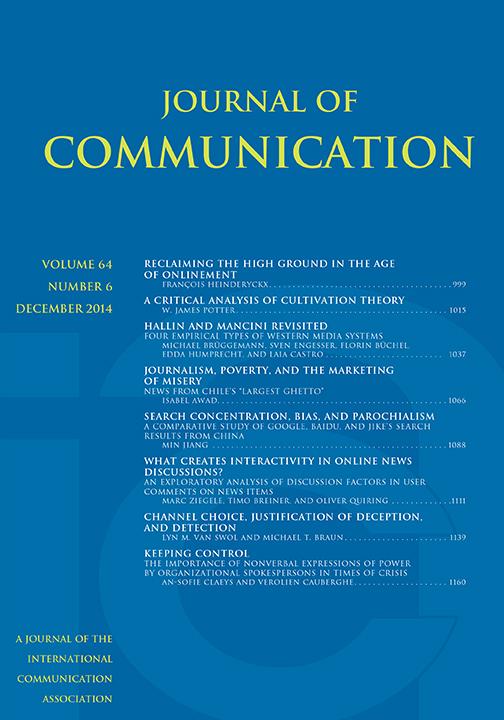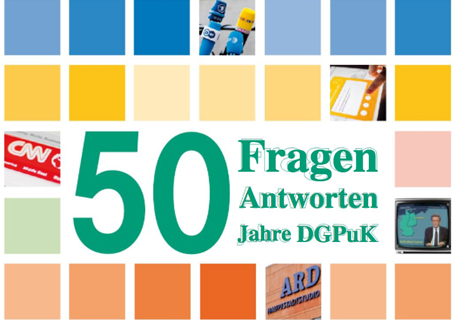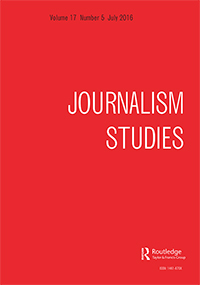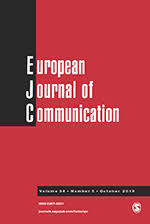Abstract
Framing has grown into a thriving approach to analyze media content and effects. Research on frame building is less well developed. Particularly journalists’ contributions to shaping the frames in the news deserve further analysis. This article conceptualizes these contributions to creating news frames: Journalistic framing practices are situated on a continuum between frame setting and frame sending. Journalists frame their articles more or less in line with their own interpretations. The challenge for research is to identify the conditions that determine the degree of journalistic frame setting. The article therefore identifies mechanisms and factors that play a role in determining to what degree journalistic frame enactment takes place.
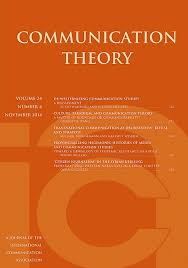
Brüggemann, Michael (2014): Between Frame Setting and Frame Sending: How Journalists Contribute to News Frames. In Communication Theory 24 (1), pp. 61–82. Available online at http://dx.doi.org/10.1111/comt.12027.

